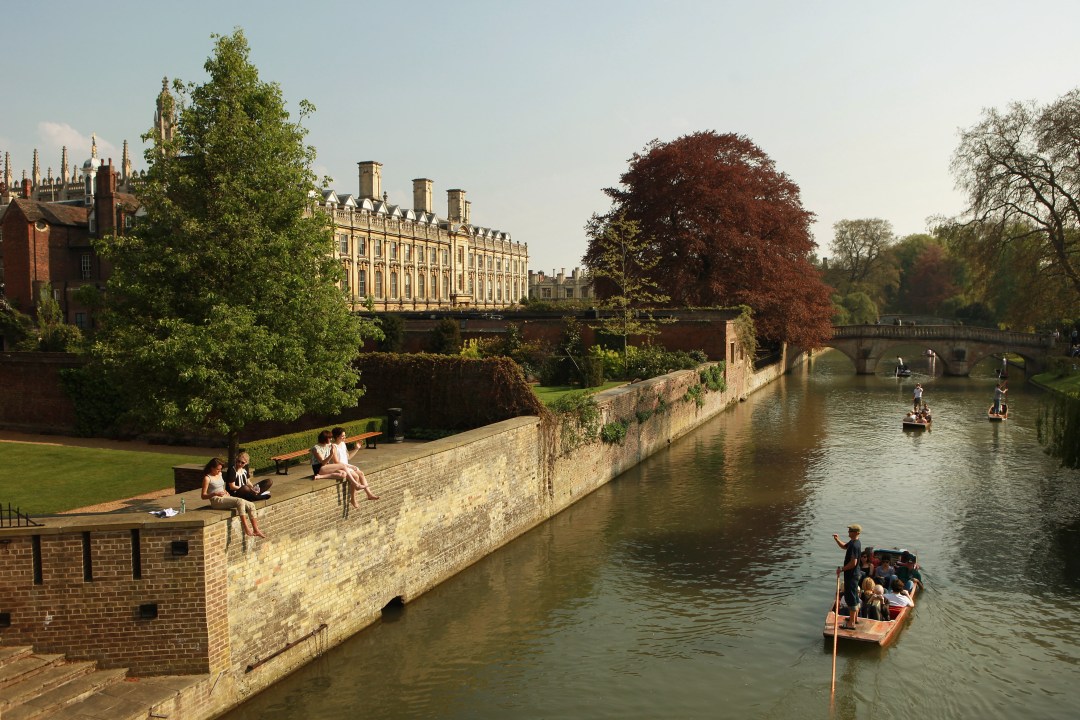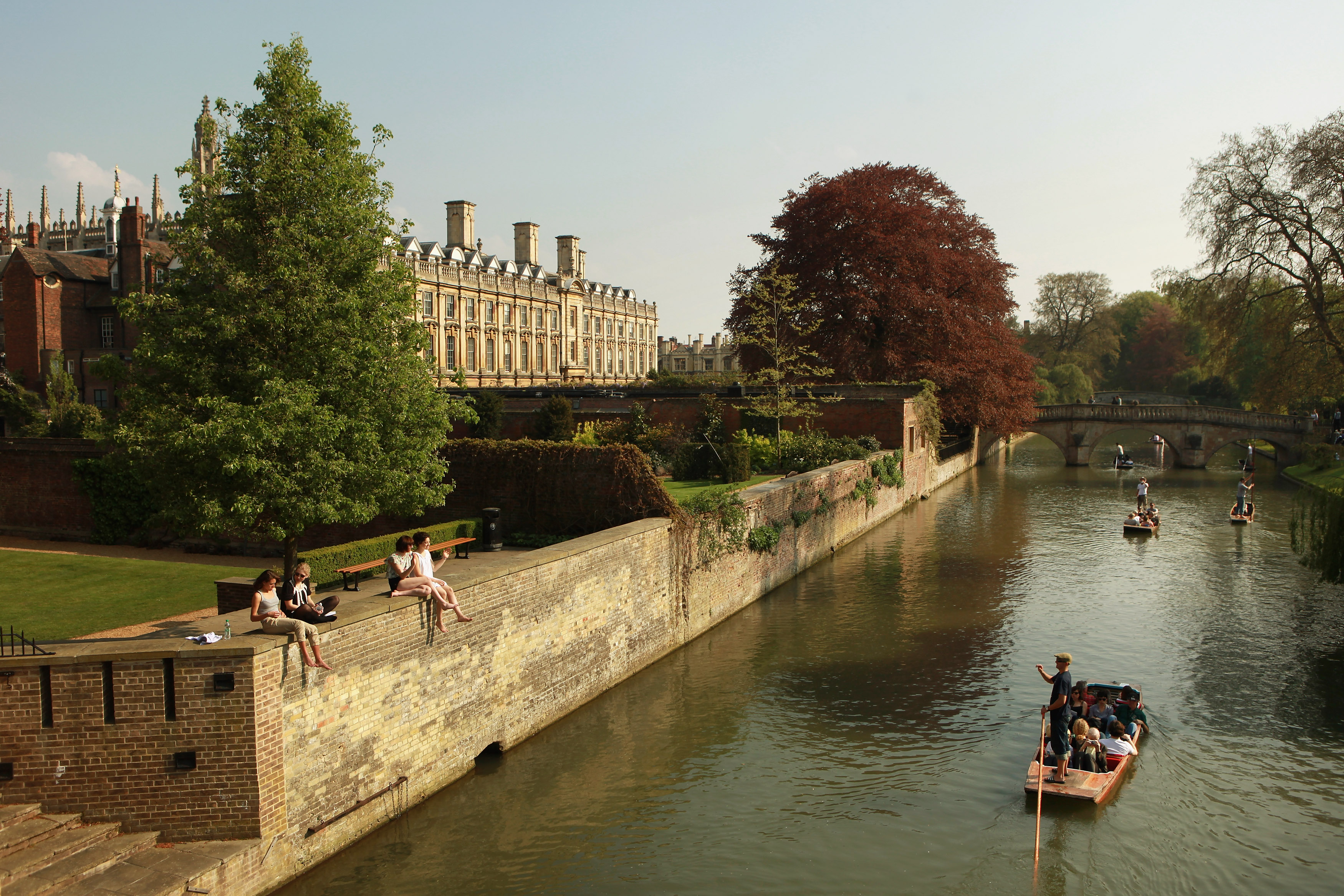Courtesy of Time magazine:
This article has been changed. An earlier version stated that Oxford University accepted “only one black Caribbean student” in 2009, when in fact the university accepted one British black Caribbean undergraduate who declared his or her ethnicity when applying to Oxford. The article has also been amended to reflect the context for comments made by British Prime Minister David Cameron on the number of black students at Oxford. It has also been changed to reflect the fact that in 2009 Oxford “held” rather than “targeted” 21% of its outreach events at private schools, and that it draws the majority of its non-private students from public schools with above average levels of attainment, rather than “elite public schools.” An amendment was made to indicate that Office for Fair Access director Les Ebdon has not imposed but intends to negotiate targets with universities. It has been corrected to indicate that every university-educated Prime Minister save Gordon Brown has attended Oxford or Cambridge since 1937, rather than throughout history. The proportion of Oxbridge graduates in David Cameron’s cabinet has been updated — following the Prime Minister’s September reshuffle, the percentage rose from almost 40% to two-thirds. Percentages on leading Oxbridge graduates have been updated to reflect the latest figures. The article erred in stating that private school students have “dominated” Oxbridge for “centuries.” In the 1970s, according to Cambridge, admissions of state school students ranged from 62% to 68%, sinking down to around 50% in the 1980s. The article has been amended to clarify that although only a small percentage of British students are privately educated, they make up one-third of the students with the requisite qualifications to apply to Oxbridge. The article erred in stating that Oxford and Cambridge “missed government admission targets” for students from lower socioeconomic backgrounds. Rather, the universities scored below “benchmarks” for admission of students from lower socioeconomic backgrounds which are calculated by the Higher Education Statistics Agency, a non-governmental body. The article was amended to clarify the point that Cambridge continues to run Sutton Trust summer schools. The article mistakenly suggested that the current U.K. government had launched an “initiative to reform Oxbridge.” There was no official initiative, but rather a marked push by the government to encourage change. The article referred to Cambridge and Oxford’s efforts “in the past two years” to seek out underprivileged students. In fact, their commitment is far more long-standing — programs to reach out to underprivileged students have been operating at the two universities since at least the mid-1990s. The article erred in suggesting that Cambridge had protested state school targets, and in stating that it had “agreed to” ambitious targets, rather than setting the targets themselves that were then approved by the Office of Fair Access. The article has been amended to clarify that there is debate over whether the ‘school effect’, whereby state school students outperform private school students at university, applies to those at the highest levels of achievement, from which Oxford and Cambridge recruit. The article has been changed to correct the misstatement that a lack of strong candidates from poor backgrounds is not the concern of Oxford and Cambridge. The article has amended the phrase “Oxford and Cambridge’s myopic focus on cherry-picking the most academically accomplished,” to more fairly reflect the universities’ approach.
In other words, everything we could get wrong we did get wrong.
Anyone with even the slightest experience of Oxford and Cambridge admissions knows how keen they are to cast their net as widely as possible. As the correction makes clear, a hefty majority of Cambridge pupils were state-educated as recently as the 1970s. Did the university only discover some snobbish determination to cultivate social (as opposed to academic) elitism in the 1980s? This seems improbable. More likely: the shortcomings of the comprehensive system – at least, the shortcomings of the comprehensive system as practised, rather than as idealised – became clear.








Comments